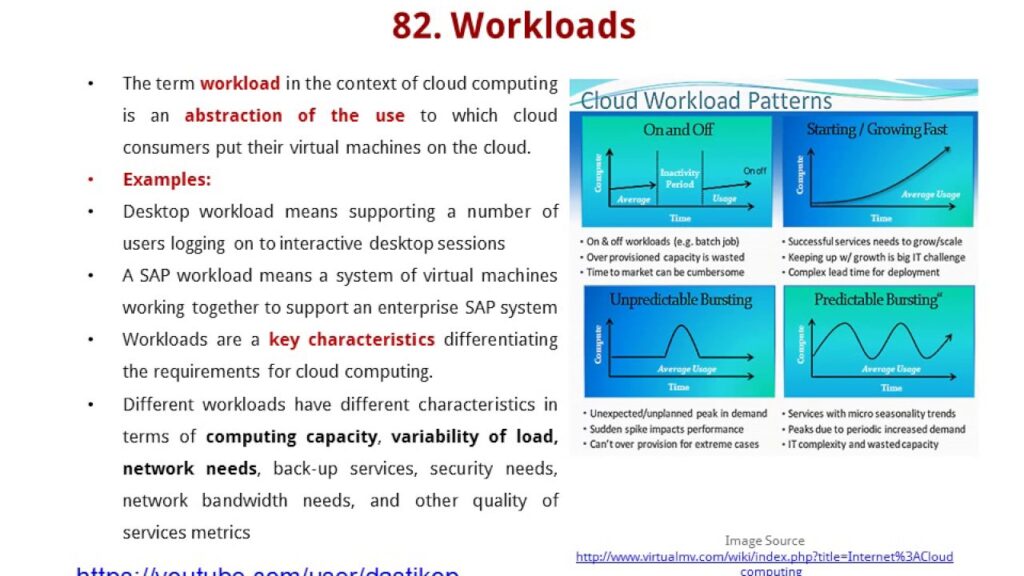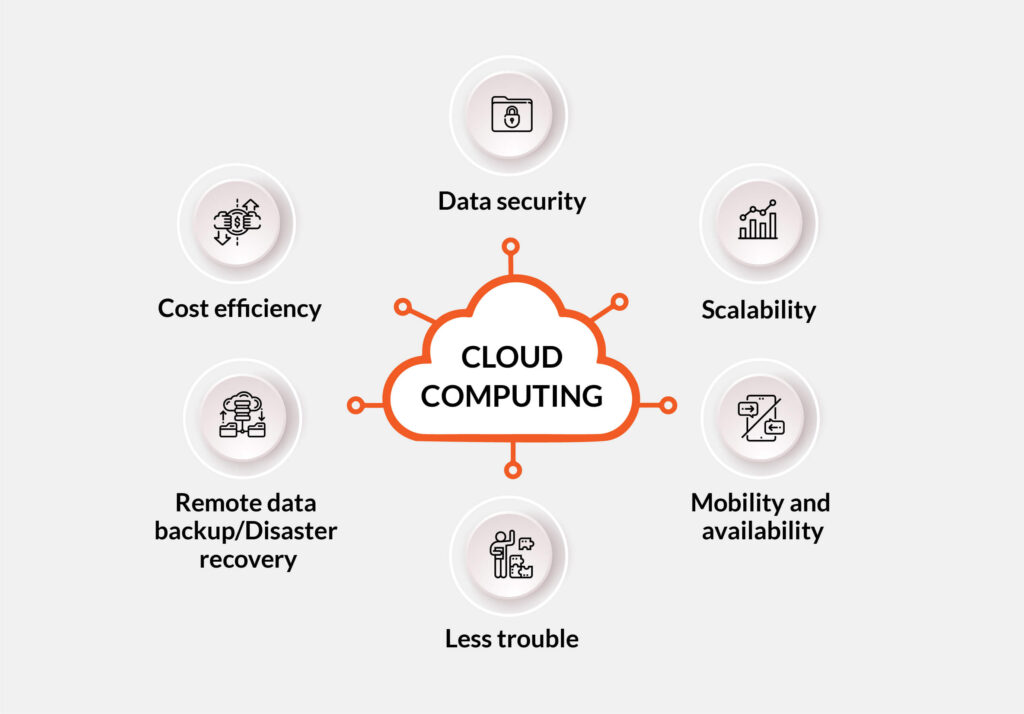It is estimated that global internet traffic could reach 175 zettabytes by 2025. Securing this vast digital ecosystem is complex. Cloudflare has emerged as a significant player in shaping internet infrastructure and cybersecurity practices.
In a recent interview with Cloud Computing News, Alissa Starzak, Cloudflare’s Deputy Chief Legal Officer and Global Head of Public Policy, shared insights into the company’s approach to modern cyber threats and its mission to democratize internet protection.
Cloudflare’s free services revolution
Since its inception in 2010, Cloudflare has been working to level the playing field in cybersecurity by offering free services. This move disrupted the industry and extended enterprise-grade protection to small businesses and individuals. Starzak mentioned, “We were sort of a disruptor in our space because we launched with a free set of services.”
Cloudflare launched its free tier as the company was established fourteen years ago on September 27, 2010. The company believes that its democratization of cybersecurity has had far-reaching implications, providing small businesses with content caching, improved access speeds, and critical cybersecurity services.

In 2014, Cloudflare created Project Galileo as part of its commitment to the “Tech for Good” initiative, providing free cybersecurity services to nonprofits and civil society organizations. This project aims to protect vulnerable voices online and ensure that financial constraints do not silence important narratives.
According to Cloudflare’s Impact Report, by 2023, Project Galileo had protected over 2,400 organizations in 111 countries, mitigating an average of 67.7 million daily attacks.
The AI revolution: A double-edged sword in cybersecurity
AI is reshaping the technological landscape and has a profound impact on cybersecurity. Cloudflare is leveraging AI to change threat detection methods and responses, enhancing its ability to protect clients from emerging threats.
Starzak emphasized the need for continued vigilance and innovation in defensive strategies to counter the potential weaponization of AI by malicious actors.
A 2021 report by Capgemini found that 69% of organizations acknowledge the importance of AI in responding to critical threats.
Balancing act: Free speech and content moderation
Cloudflare navigates the complex web of internet governance, balancing free speech and content moderation. Starzak highlighted the company’s nuanced approach, emphasizing the importance of maintaining clear distinctions between different types of internet services.
She elaborated on the granular approach taken by Cloudflare to make targeted decisions, avoiding broad actions that could have unintended consequences for free expression online.
Protecting the vulnerable: A call to action
Starzak called for greater attention to protecting vulnerable organizations lacking resources for robust cybersecurity measures. Initiatives like those by the US Cybersecurity and Infrastructure Security Agency (CISA) aim to provide accessible cybersecurity tools and practices tailored to organizations with limited IT resources.
Looking ahead: Cloudflare’s vision for a secure digital future
Through initiatives like Project Galileo, strategic applications of AI in defense, and a nuanced approach to content moderation, Cloudflare is working to create a more secure, accessible, and equitable internet.
Cloudflare’s mission to “help build a better internet” goes beyond technology and focuses on empowering individuals, protecting vulnerable voices, and ensuring that the benefits of the digital age are accessible to all.
Explore other upcoming enterprise technology events and webinars powered by TechForge here.



